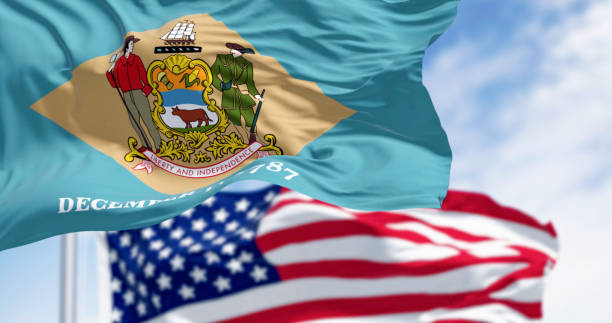Delaware has introduced House Bill 215, a comprehensive proposal that dramatically increases excise taxes on nicotine and tobacco products, redefines the scope of “tobacco products,” and imposes higher fees for licensing retailers and wholesalers. Introduced on June 6 by House Speaker Melissa Minor-Brown and supported by six legislative leaders, the bill is positioned as both a public health measure and a revenue generator.
🔍 Key Provisions of H.B. 215
Cigarette Tax Increase
Rises from $2.10 to $3.60 per pack — a 71% increase.
Aligns Delaware with high-tax states such as Maryland and New York.
Other Tobacco Products
Cigars and pipe tobacco: Tax rate increases from 30% to 45% of wholesale price.
Moist snuff: Increases from $0.92 to $1.23 per ounce.
Vapor Products
Liquid nicotine products: Tax rises from $0.05 to $0.25 per mL, impacting bottled e-liquids and closed-system pods.
Nicotine Pouches
Redefines “tobacco products” to include all nicotine-containing products, including non-tobacco-leaf pouches.
License Fee Increases
Retailers: $50 → $100
Wholesalers: $200 → $400
Vending Machines: $15 → $30
Replacement Licenses: $10 → $20
⏰ Key Implementation Dates
September 1, 2025: New tax rates go into effect.
December 31, 2025: Deadline for floor tax reporting and payments.
January 1, 2026: Updated license fee structure takes effect.
🧪 Research Suggests: Higher Vape Taxes May Increase Cigarette Smoking
A peer-reviewed study by Yale and the University of Southern California published in Addiction found a direct correlation between increased vaping taxes and higher cigarette use among young adults.
“Higher taxes on ENDS (electronic nicotine delivery systems) may increase the use of combustible tobacco products,” researchers warned.
This research raises questions about the long-term effectiveness of Delaware’s tax strategy in achieving its public health goals.
⚠️ Implications for Retailers and Consumers
The proposal may:
Deter adult consumers from choosing reduced-risk nicotine alternatives.
Increase operational costs for compliant retailers and wholesalers.
Drive cross-border shopping or participation in the illicit market.
Impact nicotine pouches, a preferred option for smokers seeking harm reduction.
🛑 A Warning for Other States
While well-meaning, Delaware’s tax increases may backfire. Without providing legal, accessible, lower-risk alternatives, such policy shifts risk:
Driving consumers back to cigarettes
Encouraging unregulated or illicit product use
Penalizing responsible retailers trying to stay compliant
As more states consider similar regulations, a balanced, evidence-based approach is essential to avoid unintended consequences.